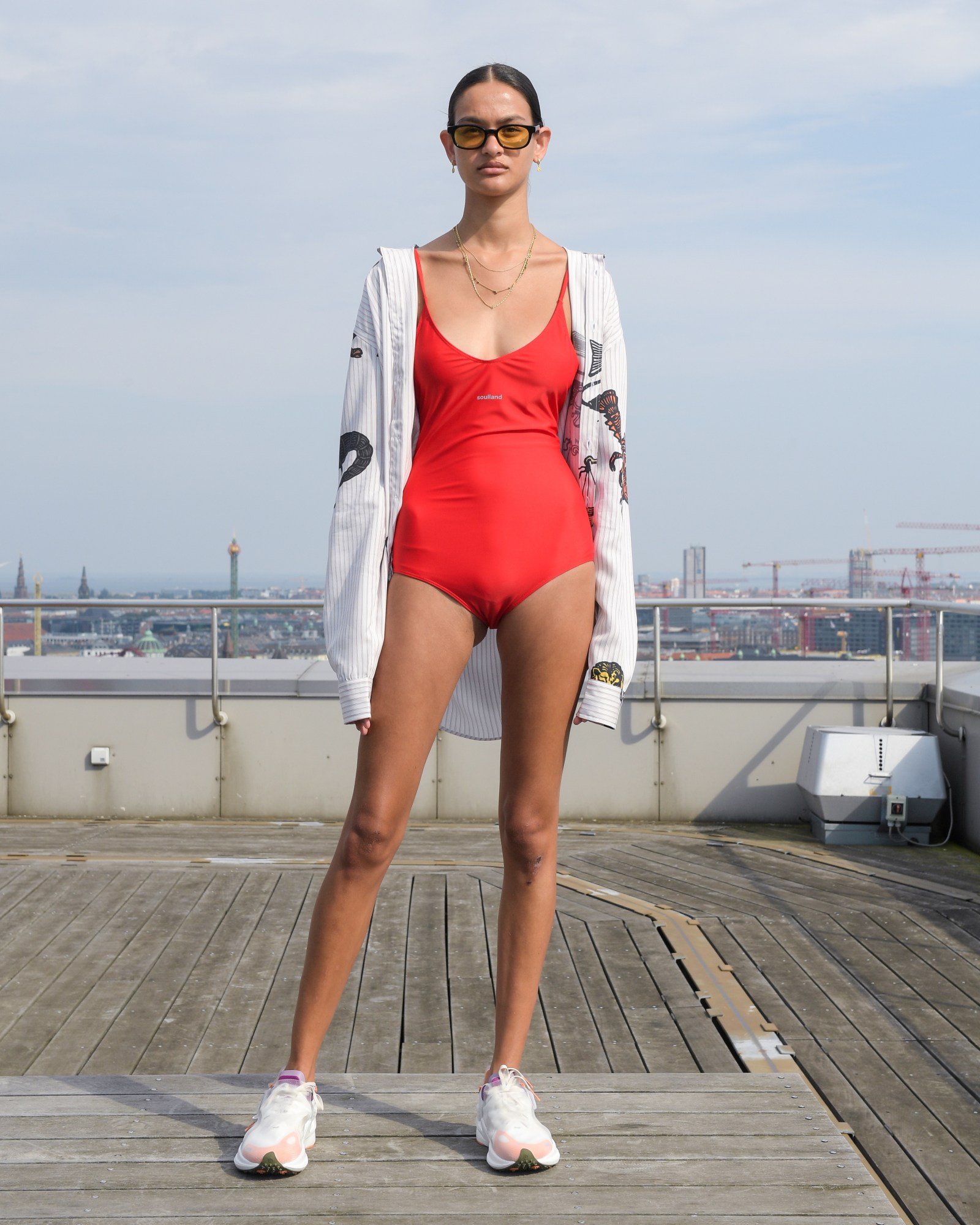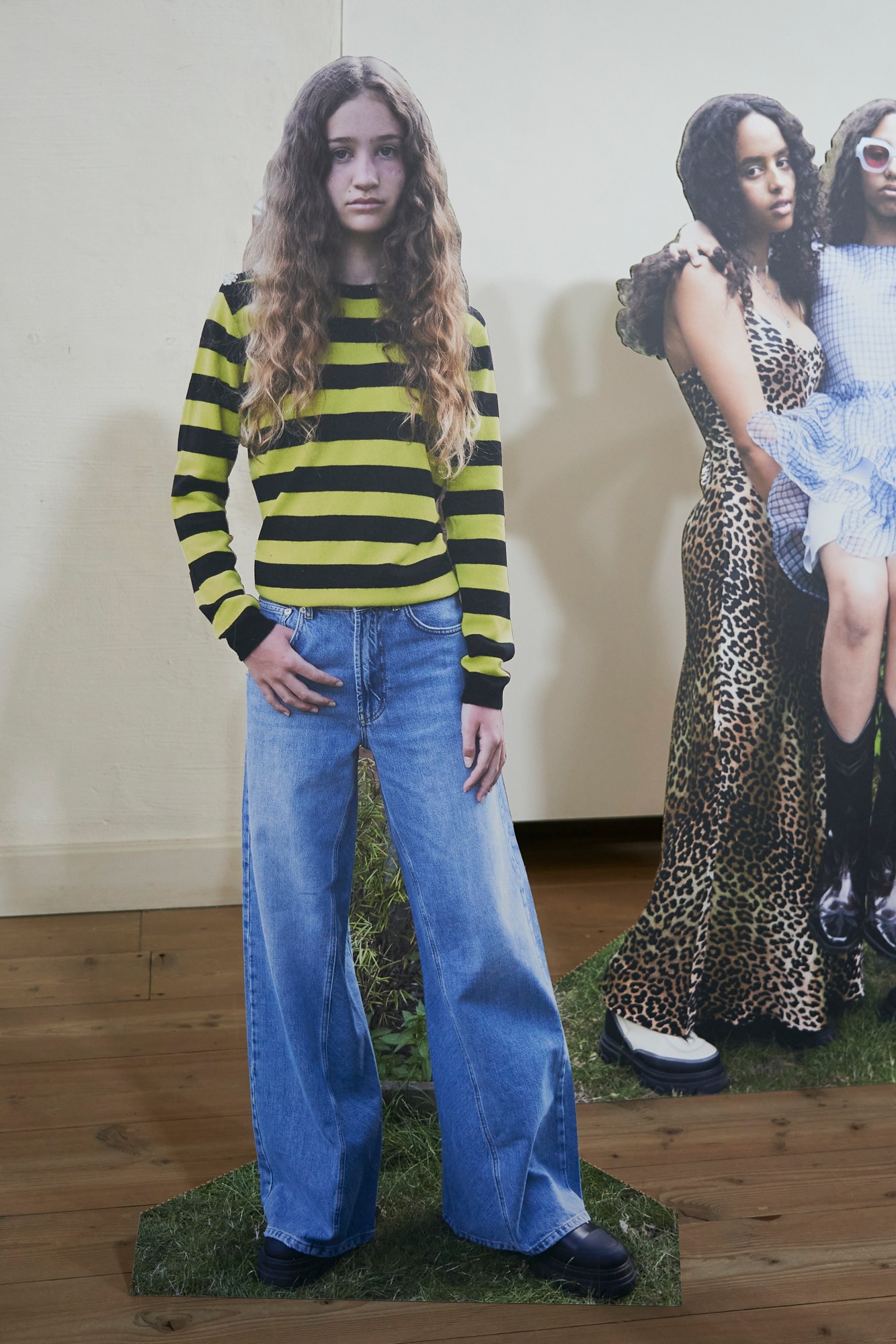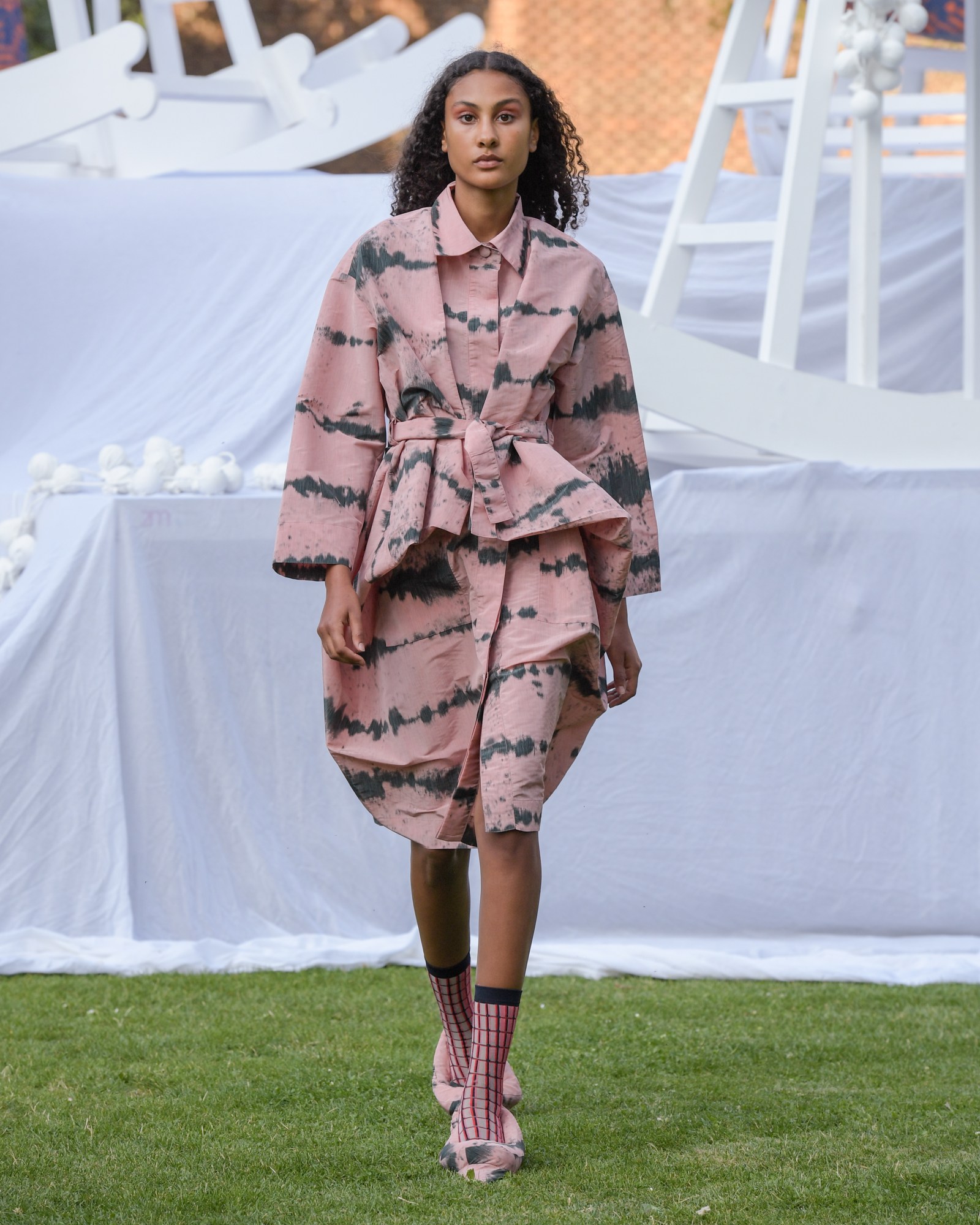“There will definitely be something, but nothing resembling fashion week as we knew it,” Anna Wintour told The New York Times in a recent piece examining the slow-motion collapse of the fashion industry. Entireworld and Band Of Outsiders founder Scott Sternberg was less diplomatic — “It’s such a little scam, fashion week,” he told the Times.
Fashion week hasn’t made sense for years. Until COVID-19 sent the industry into freefall, brands would pay hundreds of thousands (or millions, if they’re really big) to throw ten-minute runway shows to advertise clothes that wouldn’t even be available for another six months, in the hope of capturing an elusive sense of ‘relevance’, which may or may not translate to financial success.
On top of that, fashion’s many, many sins were laid bare for all to see. Whitewashed runways, cultural appropriation, sizeism, vast power imbalances, reckless consumption, wasteful business models — fashion week had it all. And while it was a vital get-together for the global industry, progress on the big issues is still painfully slow, if it’s happening at all.

Fashion week is clearly in dire need of change. However, with much of the industry in freefall and no end in sight to the pandemic that sent it there, it’s hard to tell if fashion week will return to ‘normal’, if you could ever have called it that.
Copenhagen Fashion Week, which ran earlier this week, had the somewhat dubious honour of being the world’s first real-life, physical fashion week since the arrival of COVID-19. “It’s a powerful platform, so we have to use it for something more meaningful than new trends,” explained Copenhagen Fashion Week CEO Cecilie Thorsmark over the table of a deserted cafe in-between events.
Denmark had an easier ride through the coronavirus pandemic than many other countries — the country has had, to date, a little over 600 deaths from the virus, and eased out of lockdown back in May. For Thorsmark, the break forced by the pandemic was an opportunity to think about what fashion week could be. “This isn’t just a COVID-19 edition… we can kick-start something new,” she said.

So, on top of the usual branded shows, events and presentations, there was a series of talks on the big issues facing the industry, with tickets available to the public and streamed online. Anyone and everyone could tune in to hear Mona Mohammed Ali, founder of Scandinavia’s first Black-owned modelling agency, explaining her fight to get her voice heard. Asket founder August Bard-Bringeus, meanwhile, explained how his brand has no seasons, let alone trends, while sustainability professor Kate Fletcher warned of fashion’s role in the “big intersectional crises of our times”.
Only a handful of brands opted to do conventional runway shows, while others took the opportunity to just do their own thing. Ganni threw a public exhibition, where the brand’s founder, Nicolaj Reffstrup, explained that the lockdown period gave them the chance to implement changes they’d been meaning to do for ages — ”breaking up with bad habits” as he put it. So far this year, Ganni has implemented digital showrooms (saying farewell to samples), launched a Levi’s collab that’s only available to rent, incorporated upcycling into their mainline collection, drastically reduced the size of its collections, and begun the transition to a ‘drop’ model. That should, in theory, lead to fewer markdowns and fewer pieces in total.
Local heroes Soulland only decided to show ten days beforehand, quickly throwing together a static presentation on top of a nearby office tower. Like Ganni, the brand used the lockdown period to change their business for the better — to “skip the crap and focus on the things we’re good at” as co-founder Jacob Kampp-Berliner put it. Soulland cut their business down to core fabrics they’ll work with again and again, which means smaller collections, fewer markdowns and less waste — in theory, at least. The brand will also be rolling out annual reports on sustainability, making their successes and failures available for all to see.
Henrik Vibskov, Baum & Pferdgarten and MFPen staged typical shows and presentations that you’d find on a normal fashion week schedule, just with masks, hand sanitizer, reduced capacities and socially-distanced seating. Saks Potts’ collection didn’t arrive in time, so the duo threw a barbecue on top of a local car park instead.

For sure, a smattering of exhibitions, presentations and store events doesn’t have the same energy as a packed schedule of runway shows, and there are enough panel talks out there already. But Copenhagen is hoping that by putting outsider voices on the same platform as established brands, it can use fashion week as a vehicle for getting new ideas into the conversation. Then, the theory goes, meaningful action will follow.
“Historically, the fashion week organisations have been massively powerful, but they’ve also hidden a bit behind that power and just pretended to be organising platforms” explained Moussa Mchangama, co-founder of In Futurum, a sustainability consultancy which advises Copenhagen Fashion Week. “In reality, it is, of course, a very selective group of brands and people setting the agenda, promoting very specific things and pushing them out into the world”.
Copenhagen doesn’t pack the weight that the “big four” fashion weeks have, and there will always be a struggle between enacting much-needed changes and going back to business as usual. Certainly, for the most powerful actors in the industry, there’s very little reason to change the status quo. Chanel’s Bruno Pavlosky told BoF not long ago that the company has no interest in changing things, and Gucci and Saint Laurent both announced that they’ll be continuing with the fashion show format, albeit on their own schedule, while Louis Vuitton staged a real-life menswear show in Shanghai just last week. The rest of the big players are rumoured to have their sights set on carrying on with business as usual in September, when the major fashion weeks are due to take to the stage.
Nevertheless, Copenhagen is hoping that its position as an outlier on the schedule can help push the conversation in the right direction. “There lies a big responsibility on the major four fashion weeks to engage in these discussions,” Thorsmark added. “It’s great that we’re doing it in Copenhagen — it’s going to make a difference in the Scandinavian industry — but it needs to be on a systemic level.”
